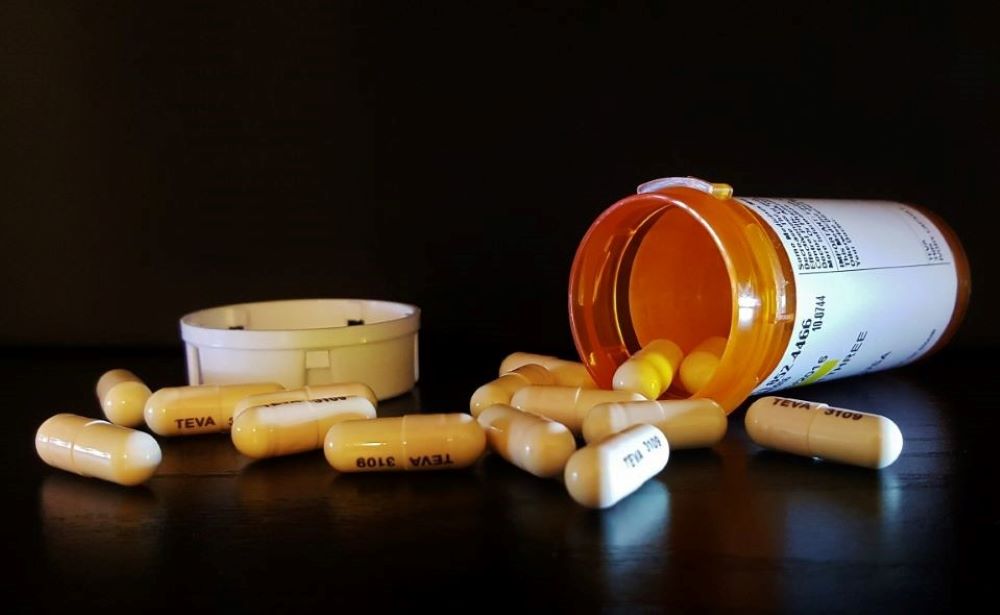LI Network
Published on: January 11, 2024 at 11:00 IST
The Union Health Ministry has officially announced the Revised Schedule M guidelines, altering the regulations for pharmaceutical manufacturing units.
According to the new guidelines issued on December 28, pharmaceutical companies are now required to inform the licensing authority about drug recalls and report defects, deterioration, or faulty production. This marks a significant change, as there was no previous provision for notifying the licensing authority about drug recalls.
Schedule M, a part of the Drugs and Cosmetics Act 1940, governs the ‘Good Manufacturing Practices’ to be adhered to by pharmaceutical manufacturing units in India.
The amended guidelines emphasize the responsibility of manufacturers to ensure product quality, confirming that their products are suitable for their intended use, comply with license requirements, and do not jeopardize patient safety due to insufficient safety, quality, or efficacy.
These revisions come amidst complaints of sub-standard Indian drugs and reported deaths abroad allegedly linked to such drugs since 2022. The updated guidelines aim to elevate Micro, Small & Medium Enterprises (MSMEs) to global standards, especially those set by the World Health Organization (WHO), ensuring the production of globally accepted drug quality.
The guidelines stress the importance of stability testing for drug substances based on recommended climate conditions. The release of finished products is now conditional upon the satisfactory results of these tests.
Under the new regulations, manufacturers must inform licensing authorities if they are considering action following faulty manufacture, product deterioration, a suspect product, or any other serious quality problems. Additionally, licensees must establish a pharmacovigilance system to collect, process, and forward reports on adverse drug reactions resulting from drugs manufactured or marketed by them.
To facilitate a smooth transition from the existing Schedule M to the revised version, a transition period of six and 12 months has been provided for large manufacturers (over Rs 250 crore turnover) and MSMEs (less than Rs 250 crore turnover), respectively.
Good Manufacturing Practices (GMPs) are mandatory standards that ensure product quality through control over materials, methods, machines, processes, personnel, and facilities. GMP was first incorporated into Schedule M of the Drugs and Cosmetics Rules, 1945, in 1988, with the last amendment in June 2005.
India has around 10,500 manufacturing units, with approximately 8,500 falling under the MSME category. The country is a major exporter of medicines to low/middle-income countries (LMICs) requiring WHO GMP certification.
The revised guidelines address deficiencies related to documentation, failure investigation, and the presence of technically qualified personnel. These changes are expected to support the development of a robust quality management system, enabling the production of globally acceptable quality medicines.

